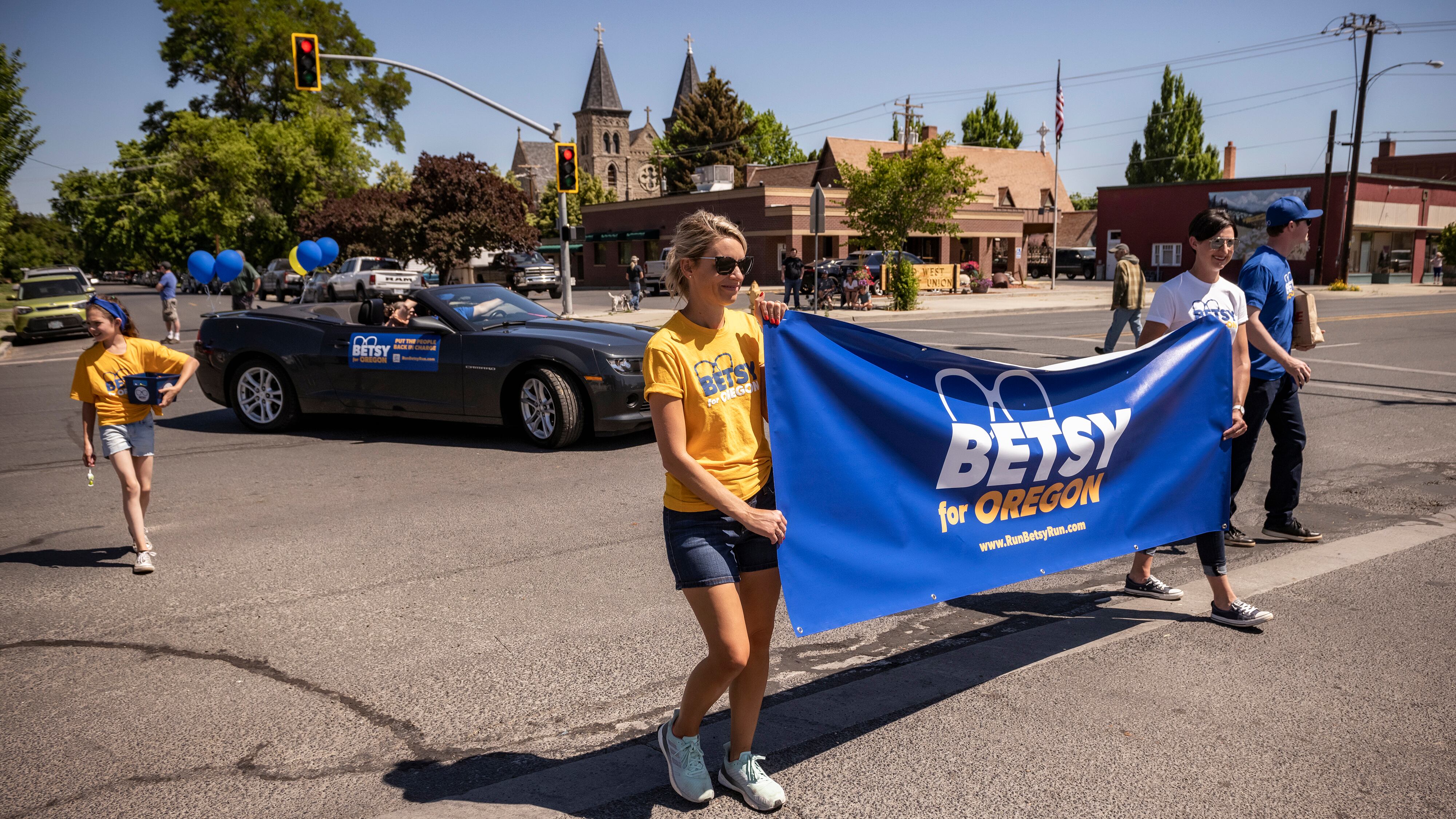Oregon vs. Portland seems to be the theme of this year’s election season.
Rural communities resent how Portland has represented the state at large, and Portland is obviously struggling with its own systems of governance. Still, any politician platforming on returning Oregon to anything resembling an Oregon of yore is not campaigning to me: a queer-parented, biracial, mother of a disabled son. Nor are they campaigning to any of my friends, or contemporaries, or basically anyone who isn’t old, rich and white.
I’m sorry, that’s unfair. I suppose there is a huge segment of the population that does remember a more idyllic Oregon than someone in my shoes really ever could. And they’re not all rich or old.
I want safety, and security, and opportunity too, but not at the expense of the environment I live in, or the safety of my children. And my rights certainly shouldn’t feel contingent on the whims of those with deeper pockets than my own. That’s a universal feel, right?
Historically, Oregon is a city-state, meaning the majority of the voting power lies in its very liberal-leaning cities, rather than the more conservative counties statewide. Which is what makes Betsy Johnson’s candidacy for governor—appraised in this week’s cover story—so divisive.
She has the résumé of a (mostly) party-line Democratic stateswoman, and she’s the textbook illustration of a wealthy boomer, a white West Coaster who served on the board of Planned Parenthood but balked at the state’s minimum wage hike, a political elder who trades in privileged circles while keeping herself planted among a rural electorate.
On this week’s episode of the Dive, we discuss what her candidacy says about the state of Oregon and how we’re seeing the ripples of those divisions erode our everyday lives.

